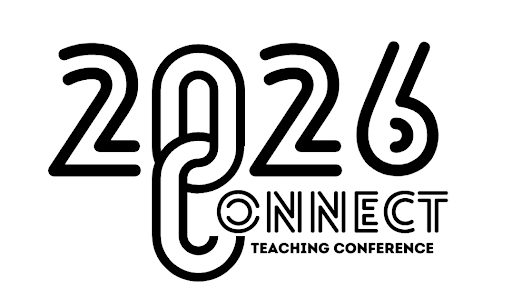2026 CONNECT Conference

What is the CONNECT Conference?
While higher education most assuredly faces challenges these days, we continue to have tremendous opportunities to make a difference in the lives of our students, and across faculty and staff networks. Our ability to make these good things happen often rests on the connections we can build, which help strengthen our ability and resolve to be successful in our endeavors.
To this end, on Friday, February 13, 2026, Eastern Michigan University will host its annual the CONNECT: Michigan Teaching & Learning Conference in collaboration with our local community college partners, including Henry Ford, Oakland, Schoolcraft, Washtenaw, and Wayne. The conference this year will live up to its name, as we work to build connections across our institutions and disciplines, in order to enhance student learning and success. This year’s CONNECT Conference marks an opportunity for all of us to learn about the innovative pedagogies our colleagues in Southeast Michigan present in the classroom, invite you to share your own strategies in this work, and think collectively about how we can nurture student learning and support student wellness in an era of mounting challenges. We can do better when we do it together.
The 2026 CONNECT: Michigan Teaching & Learning Conference will feature interactive presentations and workshops offered by faculty, lecturers, staff, and students. We are seeking proposals that share innovative pedagogies and efforts to nurture student wellness, but we are equally interested in fostering opportunities and ideas to improve faculty, lecturer, and staff wellbeing and success.
The 2026 CONNECT: Michigan Teaching & Learning Conference will feature interactive presentations and workshops offered by faculty, lecturers, staff, and students. We are seeking proposals that share innovative pedagogies and efforts to nurture student wellness, but we are equally interested in fostering opportunities and ideas to improve faculty, lecturer, and staff wellbeing and success.
We welcome proposals that focus on:
- Effective practices in different modalities of teaching;
- Technological innovations in higher education;
- Strategies to cultivate inclusiveness, belonging, and justice in our classrooms;
- Best practices to support student wellness, student success, and financial literacy inside AND out of the classroom;
- Innovative uses of generative AI to advance our teaching goals;
- Approaches to incorporate career readiness into classes and advising;
- Creative methods to foster connection among specialists and teachers across institutions;
- Ideas to facilitate mentoring networks across teaching and learning institutions (for students and for teachers! both).
This list is meant to offer ideas, and is not intended to be exhaustive. We are particularly interested in cross-institutional team “presentations,” preferably including students from one or more institutions!!! If you are interested in a teaching-related topic and believe you have something to say, we want to read your proposal!
Proposals are due by Monday, November 17 at 5:00 p.m.
Each proposal may include up to four presenters (please email us if you would like to have more than four presenters). Please submit information about all presenters in a single application, and be prepared to include bios and photos for each presenter in the application. Examples of a type of proposal include:
- Workshops – a one-hour interactive session, in which you would present material to attendees, but also engage them in discussion and activity on the topic or project;
- Presentations – a 20-minute slot in which you present your research on a teaching and learning issue, or share engaging “teaching tips” or technology demonstrations
Please contact us at [email protected] if you have any questions about the proposal process.
Registration to attend CONNECT 2026 is now open!
If you are considering attending, please fill out this registration form. Your registration helps us plan the day, and make sure we have enough food!
For more information about previous CONNECT Conferences, please click here.
